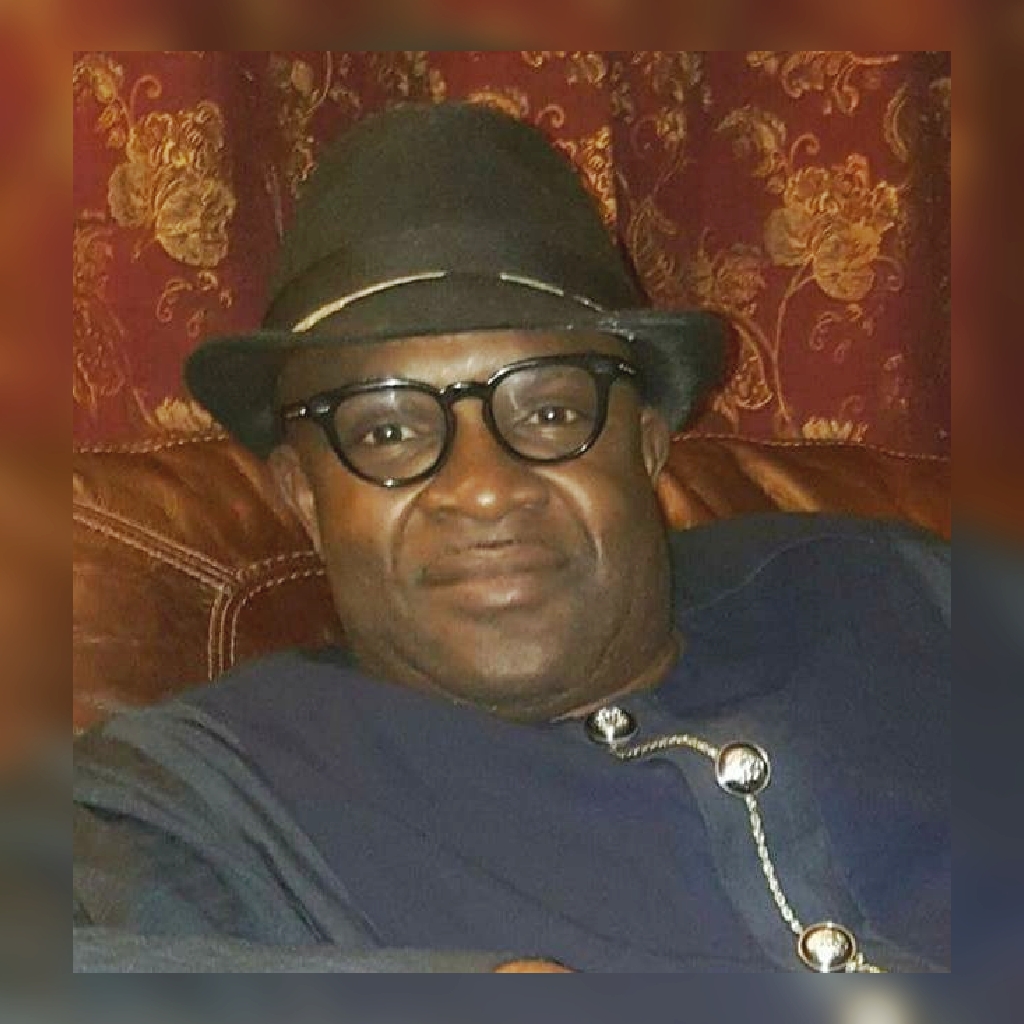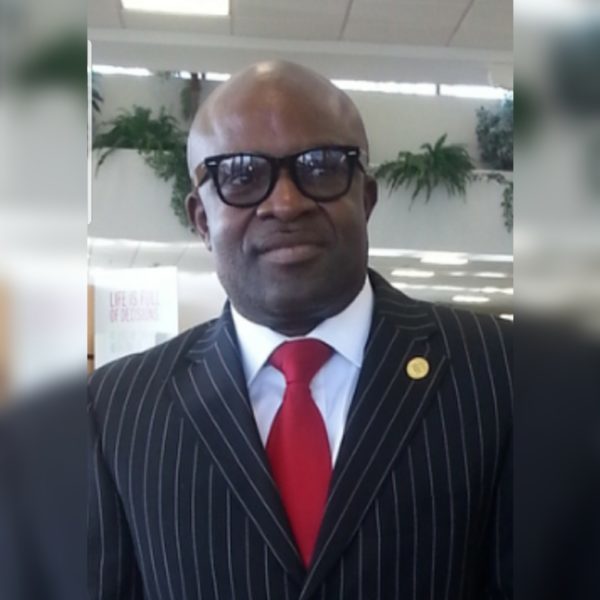
The Igbos occupy the Southern Eastern Region in Nigeria, today they are predominantly found
in Imo, Enugu, Anambra,Abia and Ebony States. The Igbos do not have a common history of
origin, migration and settlement like the other major ethnic nationalities in Nigeria, such as the
Yorubas whose oral history of origin is traced to Oduduwa falling down from heaven, therefore
the Yorubas regard the Ooni of Ife as their spiritual leader and the source of their origin. The
Bini’s own version of origin is linked to Oramiyan from where they traced their settlement.
Although Scholars like Eghareva and more recent historiographies have challenged as distortion
the linkage to the Yoruba as the founding origin of the Bini’s vice versa. The intention here is
not to reopen this unending diatribe and emotional debunking by both sides ,just for illustrative
purposes only.
This article intends to puncture the newfound conspiracy theories of Igbo single origin existence
peddled by some people. There are those who have drawn Igbos similarities and point to what
they swear as fact that the Igbos are the lost tribe of Israel in the bible, these conspiracy theorist
which i would classified as the Pro-Nri / Aro origin group posit that the biblical names are
similarly found in Nri such as “OBIGAD” from the GAD in the bible. According to his well
published treatise “The Culture History of the Igbo-Speaking People of Nigeria” by Professor
Afigbo, he pointed that earlier Igbo scholars and researchers compared and used the traits such
as circumcision, sentence structure, similarity of Igbo words, sounds, ritual symbol to reach a
generalized conclusion of common Igbo origin. This commonality is tied to almost all igbos
which supports the notion that the Igbos may have originated from the near East or their culture
evolved under the influence of a small elite of culture carrier from there. Professor Afigbo
further pointed out that the notion or basis for the Far East origin, is based on the argument that
the Igbos name their children after a special event or experience and Olaudah Equiano must have
first hinted this in 1794 that the Igbos based an all the aforementioned similarities are most
likely the lost tribe of Israel. From this narrative, of Igbo levitical code evolution, the Aro
Hamitic blood hypothesis and the Sun worship of the Nri both of which is interwoven with the
Israel and Egypt cultural influence provides the basis for the oriental hypothesis of Igbo origin.
By 1930, Afigbo asserts, no studies or research could uncover any solid historical or
anthropological evidence to support this oriental hypothesis conclusion.
According to Prof Okon, African traditional societies are able to authenticate their homogeneity
and their correct historical background through a careful analysis of their history and tradition of
origin, migration and settlement. In adopting this method, we give credit to the pioneering works
of Professor Adiele Afigbo in his article “The Tradition of Igbo Origin” in which he Stated that
the problem of the origin of the Igbos is akin to a “very maze within a maze ” which created a
conundrum when an attempt is made at unifying to a single pan-Igbo origin because, there
exist as many traditions of origins as there are those independent sub-cultural groups referred to
as clans, that even within the same clans or villages there exist two or more rival tradition of origins.
Also commendation is attributed to Professor Elizabeth Isichei and others pioneers who
used common language, totemistic beliefs, cultural beliefs in their effort to demystify the Igbo
tradition of origin .

Within the Igbo ethnic nations there have never exist a Pan-Igbo or unified society under the
tutelage of one nation leadership. The Igbos present a very unique system that some scholars
have labeled it to be the closest to the ancient Greek states , the Igbos are republican in nature,
egalitarian and love their individual freedom. The pre-colonial anthropologist and historians for
lack of better understanding described in most element history books that the igbos are a
“Acephalous and lawless society” This assertion is far from the truth and does understand the
core of the igbo family unit system of government where every married male partakes in the
government of their family unit.
Much unlike other ethnic groups, the igbos are able to share their sphere of influence through
marriage and business relationship.
Although the Igbos share similar culture with minor differences in some cases and in others
glaring differences. The Igbo marriage and their belief in the supreme being (Chi) is almost
universal and widespread, their language has dialectical differences from the “Ejekebe in
Onitsha, to Igbos, from the Isummas in the Imo, to the Wawas, the Afikpos, the Aros” while
some of the Igbo societies accept patrilineal society, some are matrilineal in nature”
The colonial government in an attempt to structure the igbos to fit their system of administration,
introduced the indirect rule in Igboland and this effort created the institution of warrant chief
system, which carved out an area for administrative convenience placed under the authority of a
chief by warrant. The resistance by the Igbos of this system is well documented. The Igbos have
attempted to created just like the other major ethnic groups a unified force to articulate their
views and help protect their collective interest. The Yoruba have the Oduduwa group and the
Afenifere, whose decision represents the traditional and historic interest of the children of
Oduduwa with the blessing of the Ooni of ife and high ranking Yoruba traditional institutions
like the Alake of Egbaland, the Alaafin of Yoruba. The Hausa/Fulani converge under the Arewa
and their alignment to this organization is deeply rooted in their historical and traditional society
where they have the divine right to rule traditional society.
The myth of Igbo unity is usually flawed because unlike the other homogeneous ethnic groups
with common historical origin, tradition and settlement, there has never been a unified historical
or tradition figure that the igbos can claim to be their originating source in one of her research,
Professor Isichei conducted on who are the Igbos, she conducted that no ones knows the origin
of the igbos, but the igbo language forms part of the kwa sub language group that is found in the
congo-benue region.
As the igbos venture outside their domicile region, they tend to form association primarily based
on their family knit-unit, thereafter, they form and join an enlarged group of neighboring towns,
states grouping because of the similarities in language and “omenala”. As the society evolves,
the igbos having realized their different historical origin now resort to creation of new autonomous township with new traditional kingship. Some people have used the new wave of
Nri school of igbo origin, to advance their political interest, while others do not find any
commonality in tradition or semblance of settlement with this school of thought. Even those who speak some semblance of the igbo core language popularly referred to as the Ika -Ibo group
attribute their origin to the Benin Kingdom dynasty, some argues that, perhaps it could have been
from interaction or conquest at some point did that theory of origin got sold into the society. But
the point here is that an attempt to think or assume that their exist an igbo unity because of their
common language is a fallacy and non existent. But as a people, the Igbos consider the igbos
from the other southEastern states as their own, but there still exist stereotypes and prejudicial
biases amongst the igbos. The Wawas as they are derogatorily referred to comes from the
Northernmost part of Enugu state and the Ebonyi States. Within the Onitsha in the current day
Anambra State, the other Ibo speaking people to the exclusion of the indigenes of Onitsha, are
considered and called “IGBOS”.
This stereotypical classification is so imbibed within the core -Igbo group that, even those from
the Owerri Municipal areas in Imo state, considers those of their neighbors from Ikeduru, Mbaitoli Local government areas as the “Isumma” the same derogatory classification is widespread to areas like Mbaise, Ngwa, Aros you name it.
In modern day post colonial Nigeria, some group of elite Igbos have tried to impose a unified
leadership umbrella and platform such as OHANEZE, OGBAKO IGBO, W.I C. With due
respect, these are nothing more than an attempt to promote individual members political profile
and to buttress this fact, there has been no tangible impact of their existence on the igbo society
and this is exemplified by IGBO ENWE EZE meaning Igbo has no unified king. Every Igbo man
is concerned about his individual family and their welfare. It is more akin to everyman for
himself but Igbo for all of us.
==================================
Ritchie Ejiofor
Is a Doctoral student of Criminal Justice and a commentator on National issue and has published
several articles and contributors to several websites.
______________________________________